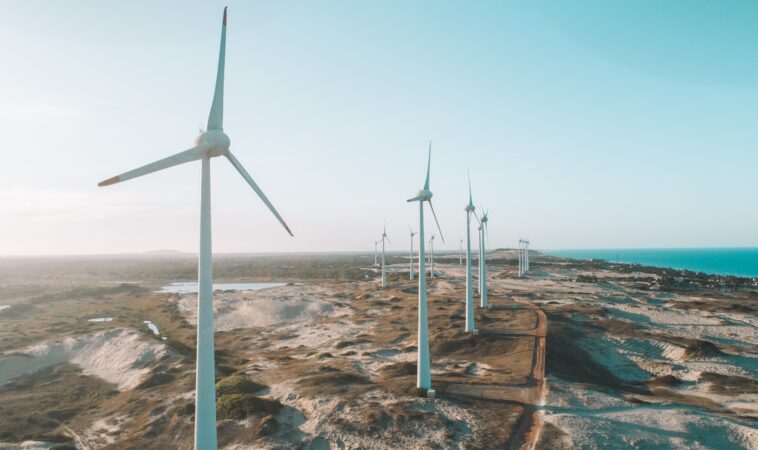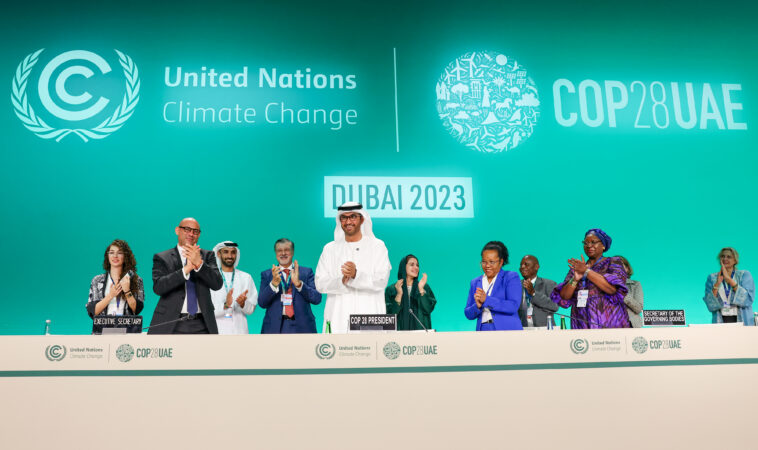
For close to 50 years, Centralia, Washington a bucolic former logging town of 16,400 people nestled between Seattle and Portland, has been home to a large coal power plant that is a major employer in the region, as was the adjoining coal mine. The Centralia coal plant and mine were purchased by TransAlta, a Canadian power company, in 2000. The mine closure in 2006, due to massive flooding in the area, resulted in over 600 workers losing their jobs. A few years later in 2011, state lawmakers and environmentalists pushed for air quality emission compliance due to nitrogen oxides and mercury emissions that exceeded federal levels. The plant is also responsible for over 10 percent of Washington’s total greenhouse gas emissions. The threat of lawsuits for lack of compliance, the cost of pollution abatement and the state’s actions to reduce carbon emissions were pushing the plant owners to close operations by 2015.
With the threat of a shutdown looming, the local community and workers, worried about another big economic loss, asked the Sierra Club and other environmentalists to come to Centralia to learn about their community, its reliance on the coal plant and impending closure’s impact. The tour, led by Bob Guenther, an IBEW union leader with a 34-year tenure at the plant, had the intended effect of enlightening the environmentalists who realized just what a blow the plant shutdown would be to this small rural town.
Shortly after the tour, a rapid process began to develop a solution that could satisfy the involved parties’ needs. An intense negotiation ensued between environmentalists, TransAlta and state lawmakers to figure out a resolution that included a softer economic landing for the workers and community, pollution controls as well as a conclusive timeline for the company to figure out its future in Centralia.
A final deal between TransAlta and the state allowed them to sell the power generated at the plant to in-state utilities while they worked to shut down the two coal burners by 2020 and 2025, rather than the original date of 2015. To help the workers and the community, TransAlta created a $55 million transition fund. The grants, overseen by the Centralia Coal Transition Board, fund worker training and education, as well as investments in the community for energy efficiency, weatherization, renewable energy projects and technology. In early 2018, TransAlta announced they would build a 180MW solar plant on an area of the reclaimed mine. The company has also committed to eliminate coal from its entire portfolio by 2030.
Through the voices of the individuals that played vital roles in this story, Common Sense, Common Ground, illustrates how the TransAlta decommissioning agreement was brought to life and how opposed parties came together with determination and open-mindedness to create a fair deal for all. Their experience can serve as model for phasing out nearly 2500 coal plants worldwide and creating economic diversity in a fair and just way.





